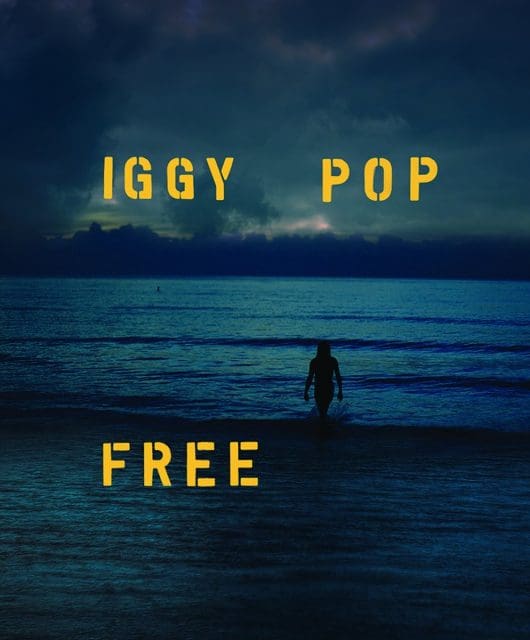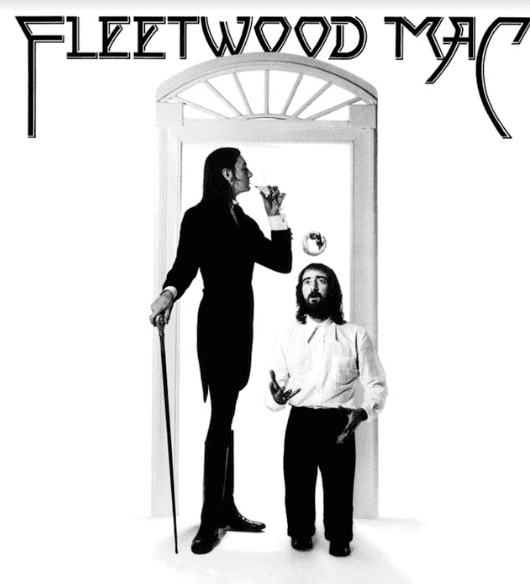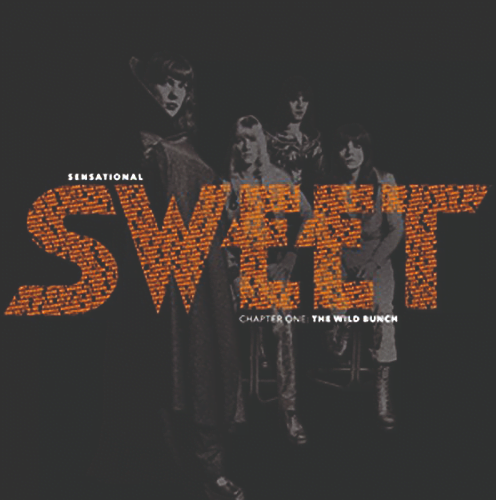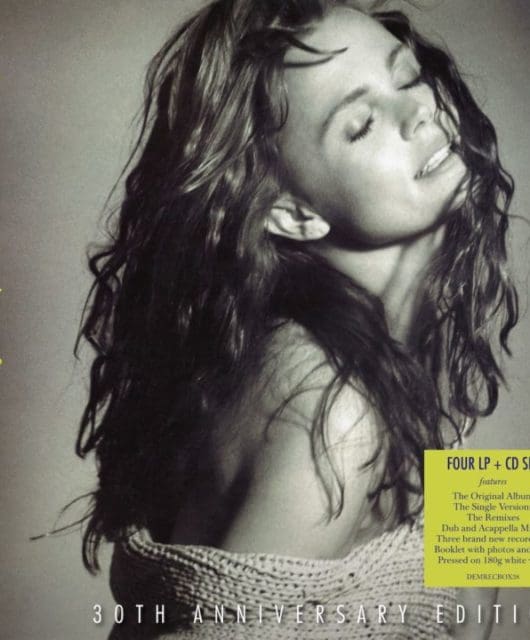Bronski Beat – The Age of Reason album review
By Classic Pop | November 6, 2017
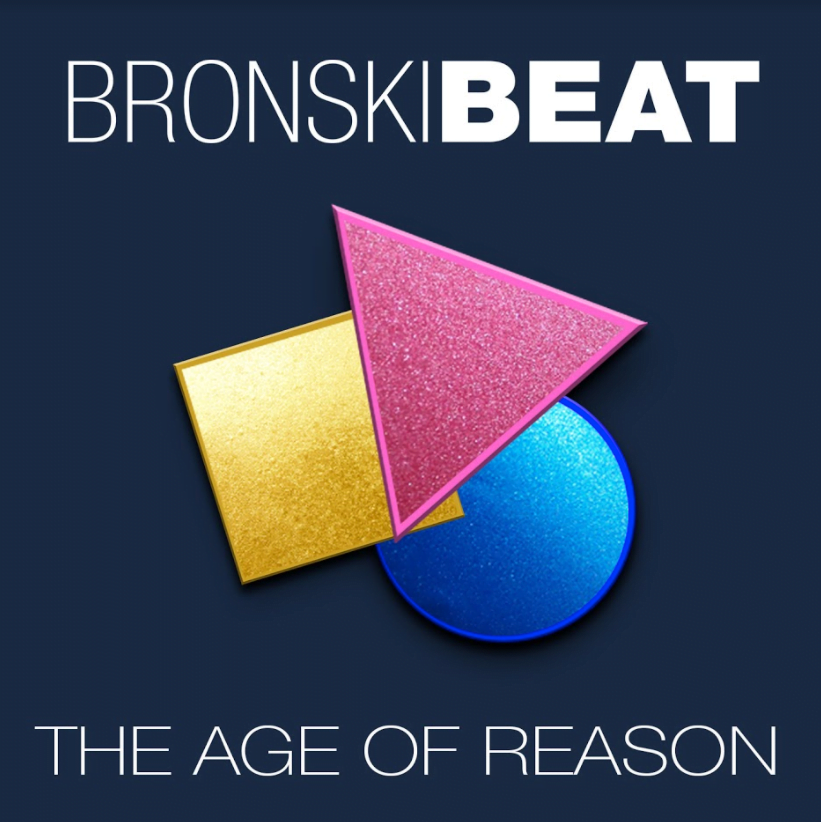 Cherry Red
Cherry Red
2/5
For many of us who grew up in the Classic Pop era, the sound of Bronski Beat’s Smalltown Boy was a revelation. Jimmy Somerville’s poignant, high-pitched wail, the song’s understated chorus, and – more importantly – its lyrics, artwork and video put life for a young gay man in the AIDS era under a welcome spotlight. Now, 33 years after their debut album, The Age Of Consent, Steve Bronski has returned to its songs to present a new, updated version with his current collaborators, Stephen Granville and Ian Donaldson.
Quite why he’s done this, 22 years since the third and final Bronski Beat album, is unclear. That it includes versions of three songs that didn’t make the original cut, as well as three new ones (two on a New & Remixed second disc which compiles all three in a variety of forms), muddies the water further.
Stranger still is the fact that the new tracks are clearly cut from a different cloth, though fortunately an uninspiring cover of Sylvester’s Stars and the Hi-NRG romp that is I’ll Be Gone are eclipsed by A Flower For Dandara, whose intent is far more transparent: featuring Strawberry Switchblade’s Rose McDowall, it’s a spartan, shimmering eulogy to the transgender Brazilian woman brutally murdered earlier this year.
“For the most part, however, The Age Of Reason stays fairly true to the Somerville originals, something helped by Granville’s ability to mimic his predecessor’s falsetto.” – Wyndham Wallace
The problem is the 1984 versions remain definitive: the new Why?’s beat is merely heavier, Screaming’s percussion seems tinnier, Heatwave lacks the knowing kitsch, while Junk misses the original’s subtle malevolence, replacing it with a more upbeat, incongruous feel.
To be fair, there’s an intriguing effort to combine No More War and It Ain’t Necessarily So, which segue together effectively and – wisely – no attempt is made to outdo the memorable cover of Donna Summer and Giorgio Moroder’s I Feel Love. Smalltown Boy, though, isn’t spared the painful irony of having the vital, heartrending intimacy beaten out of it, begging the question of why exactly Bronski chose to revisit Consent’s almost perfect renditions.


